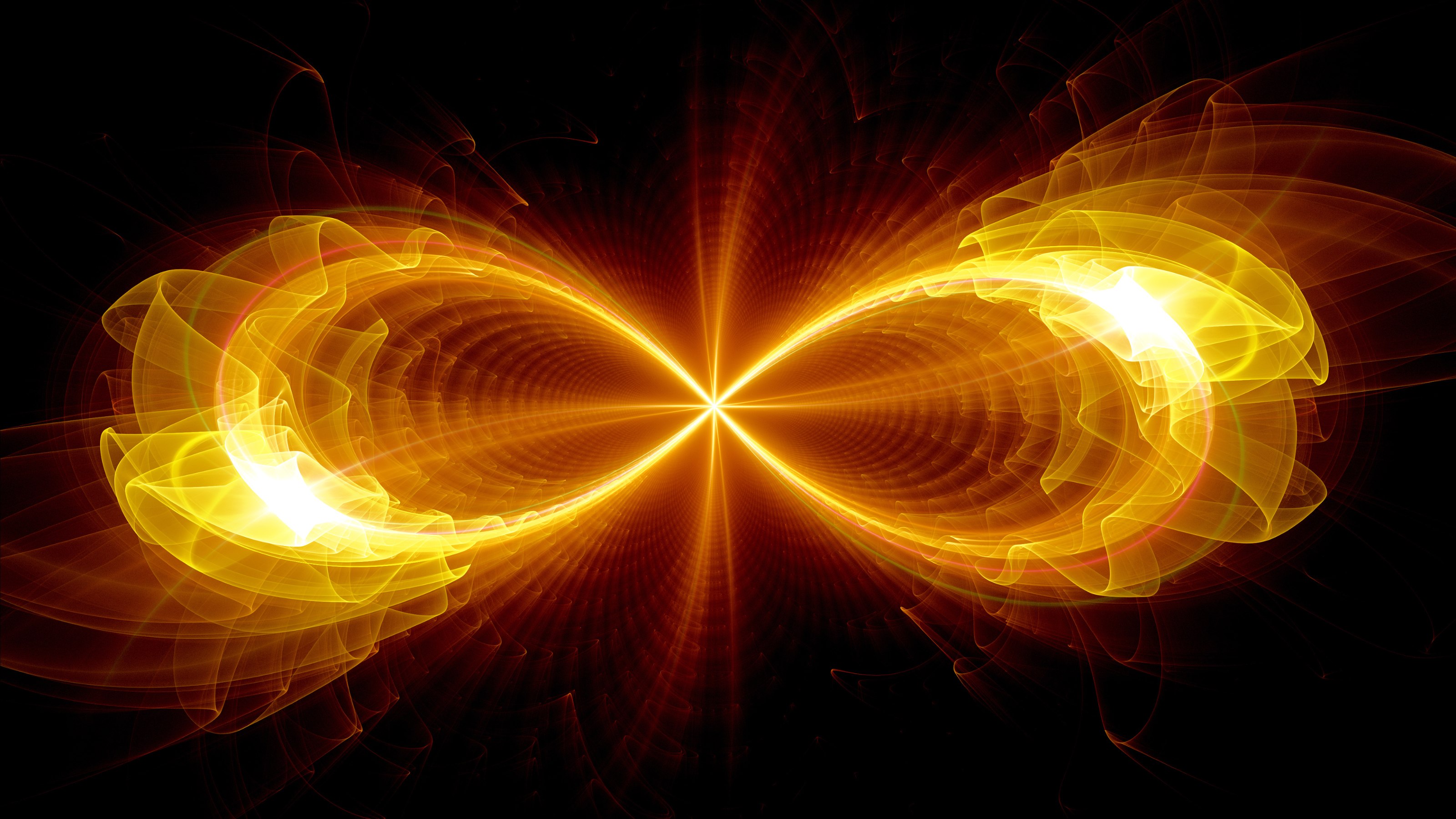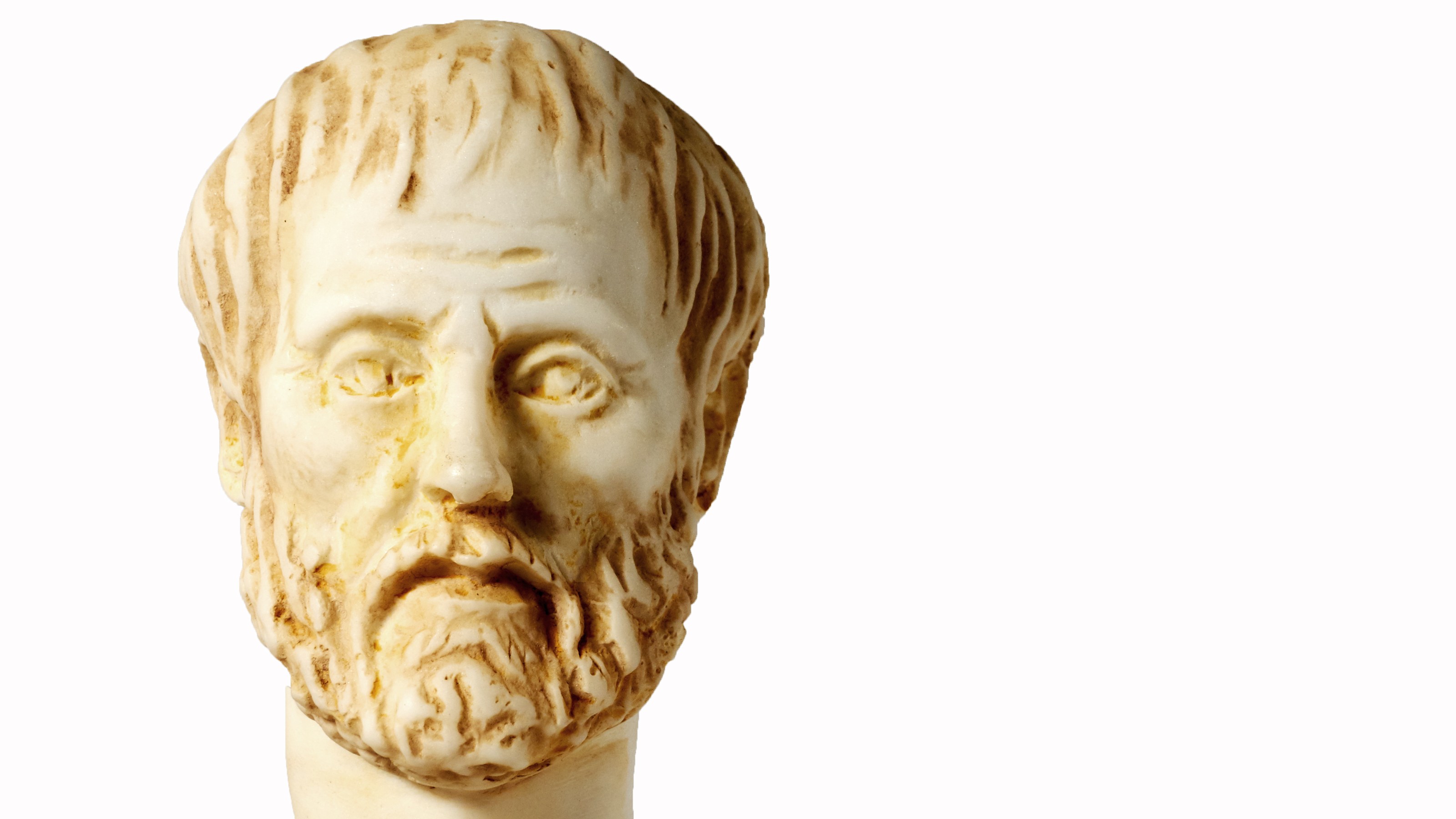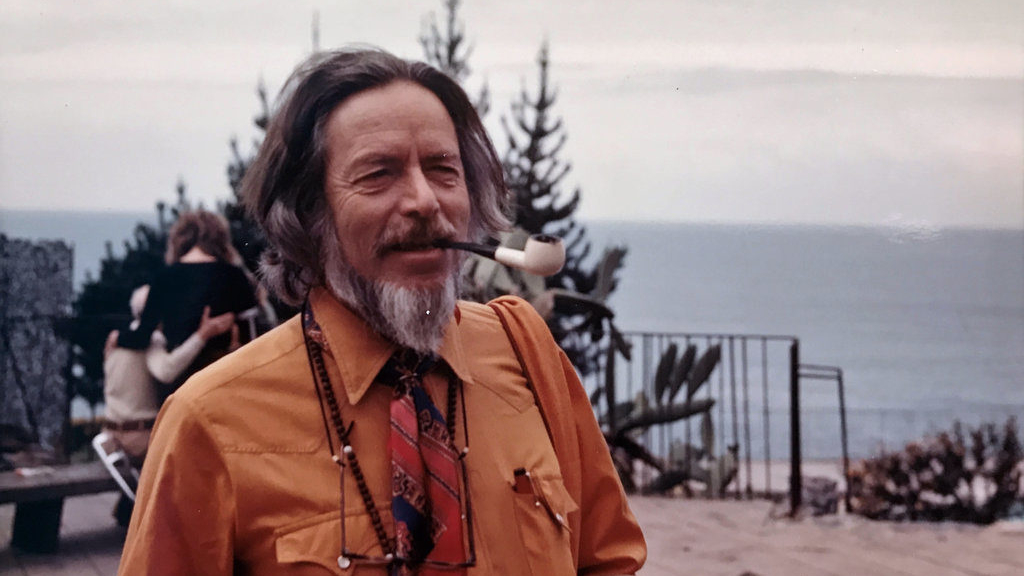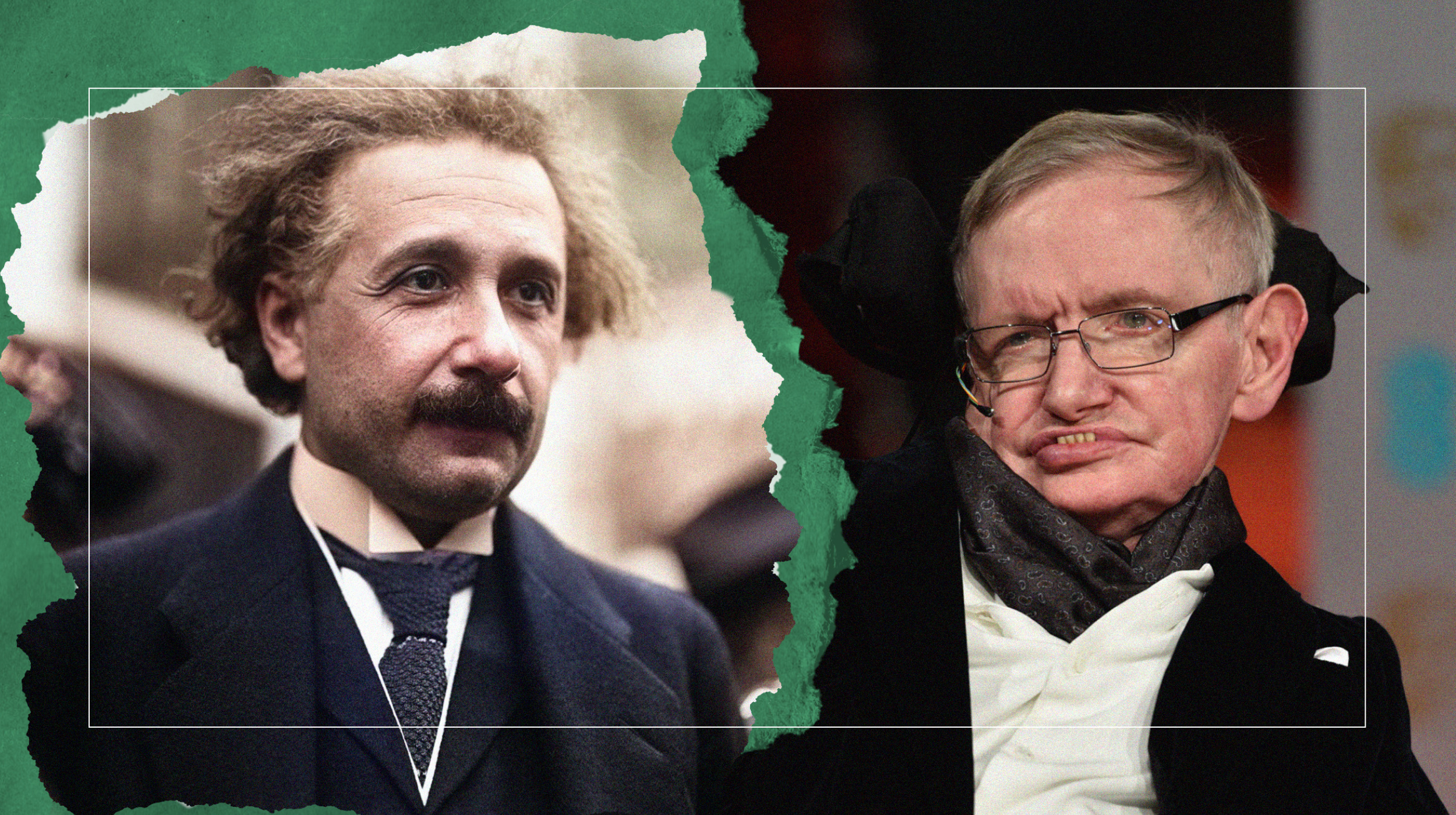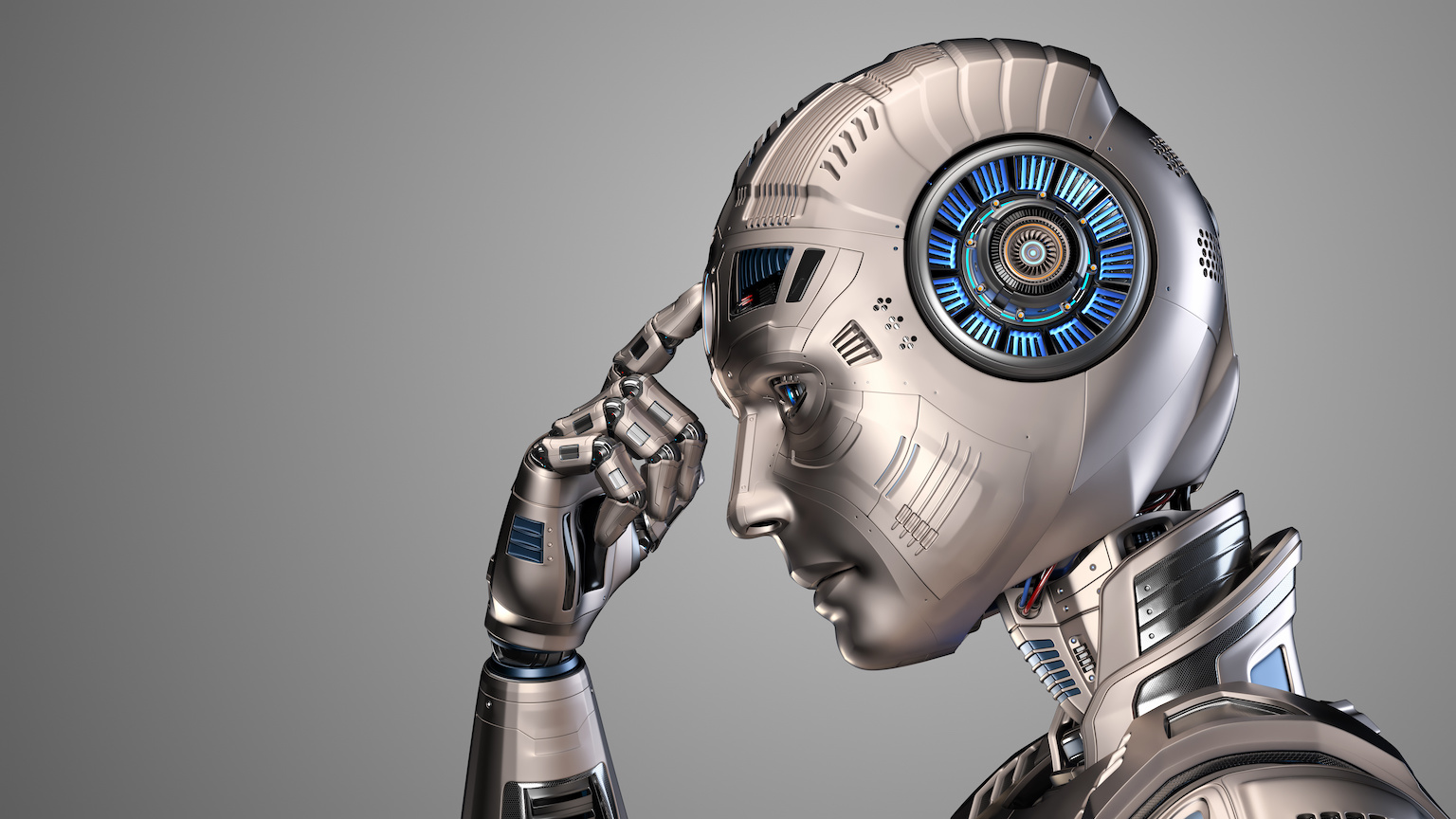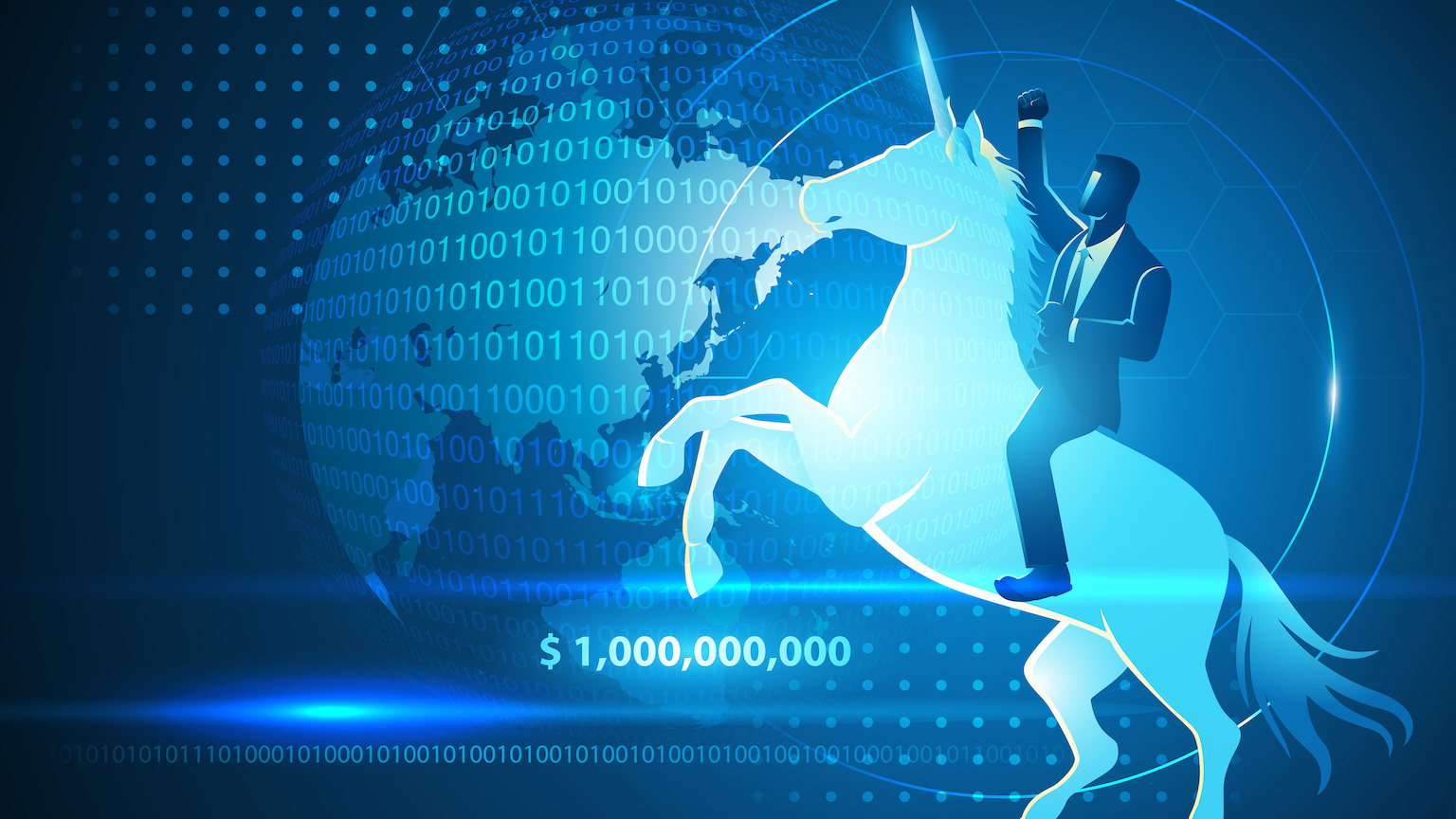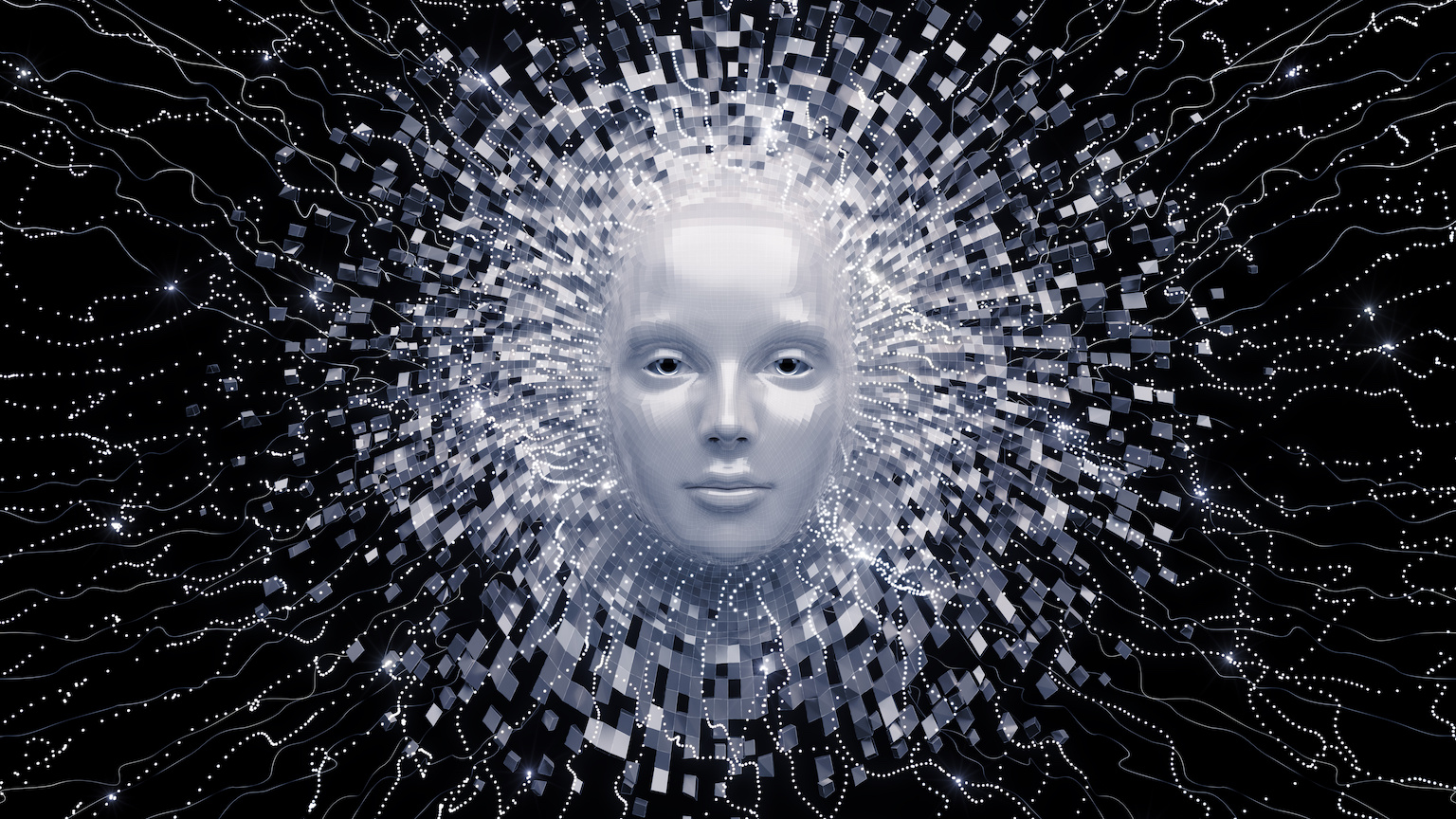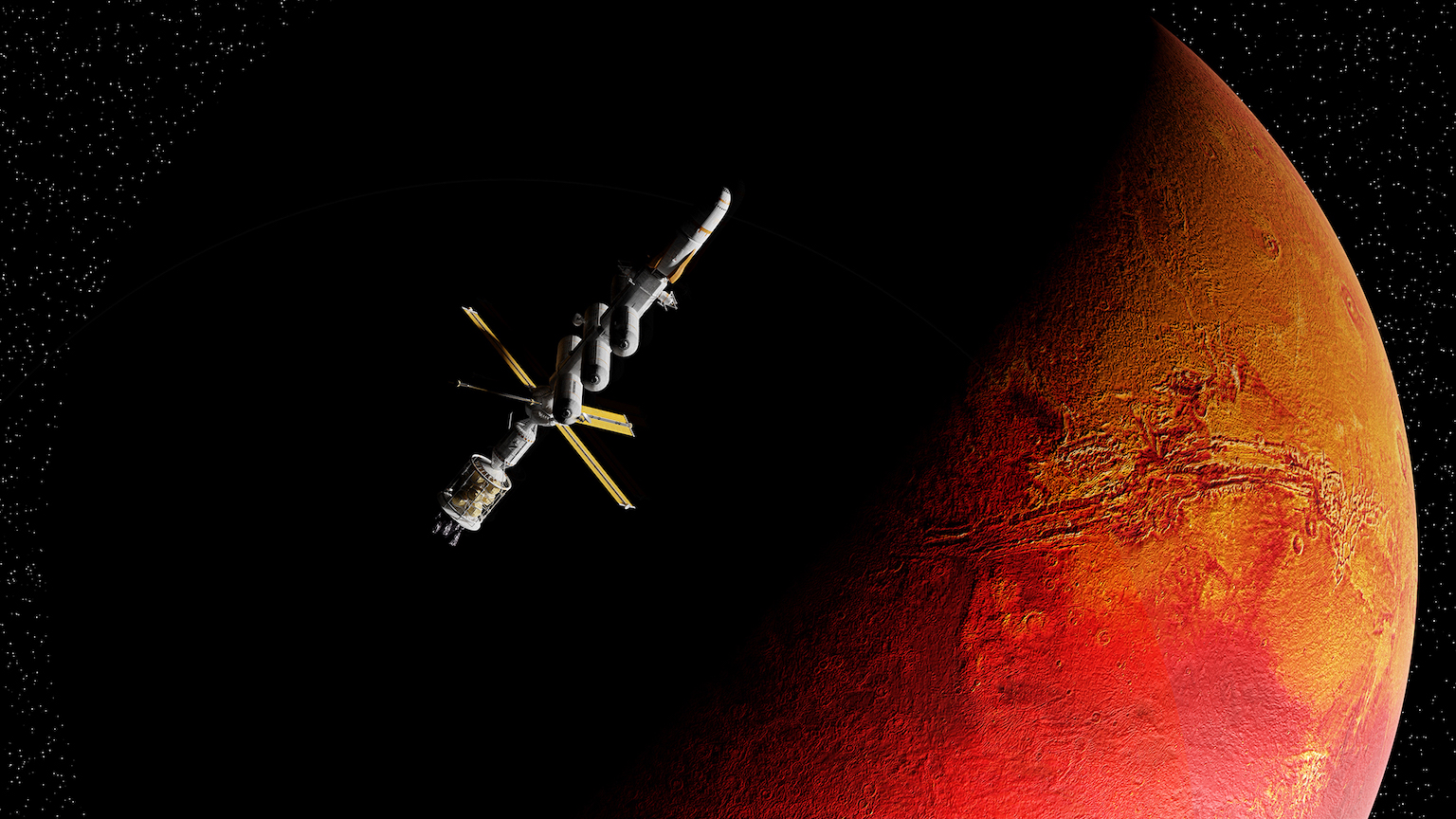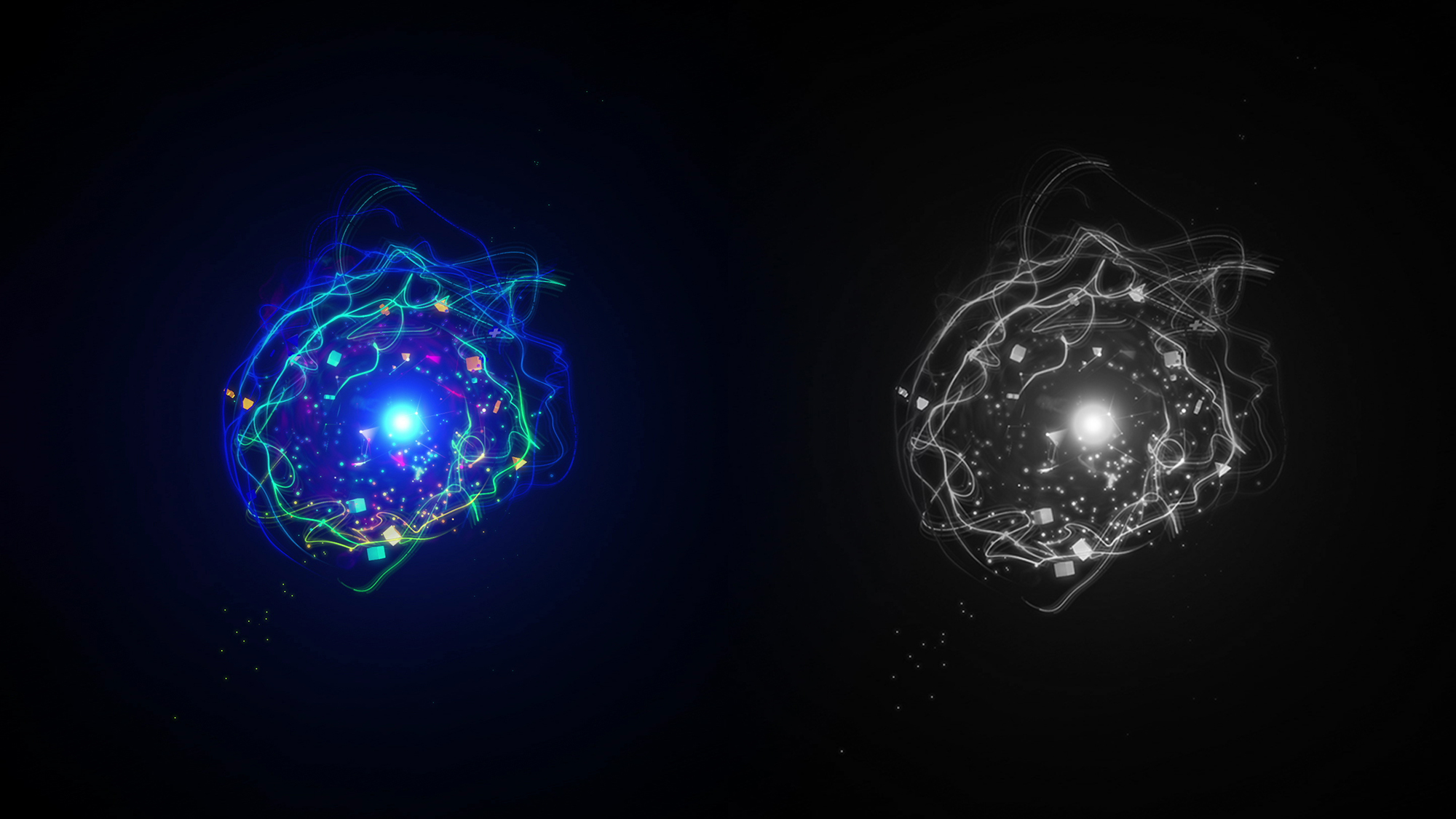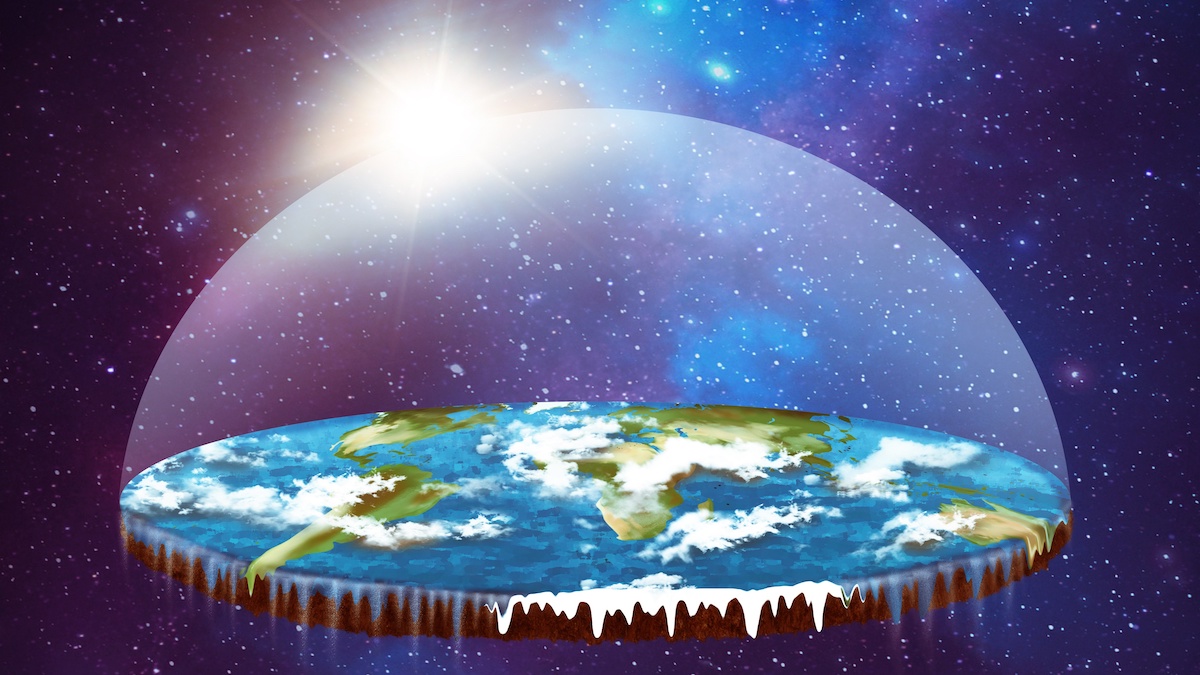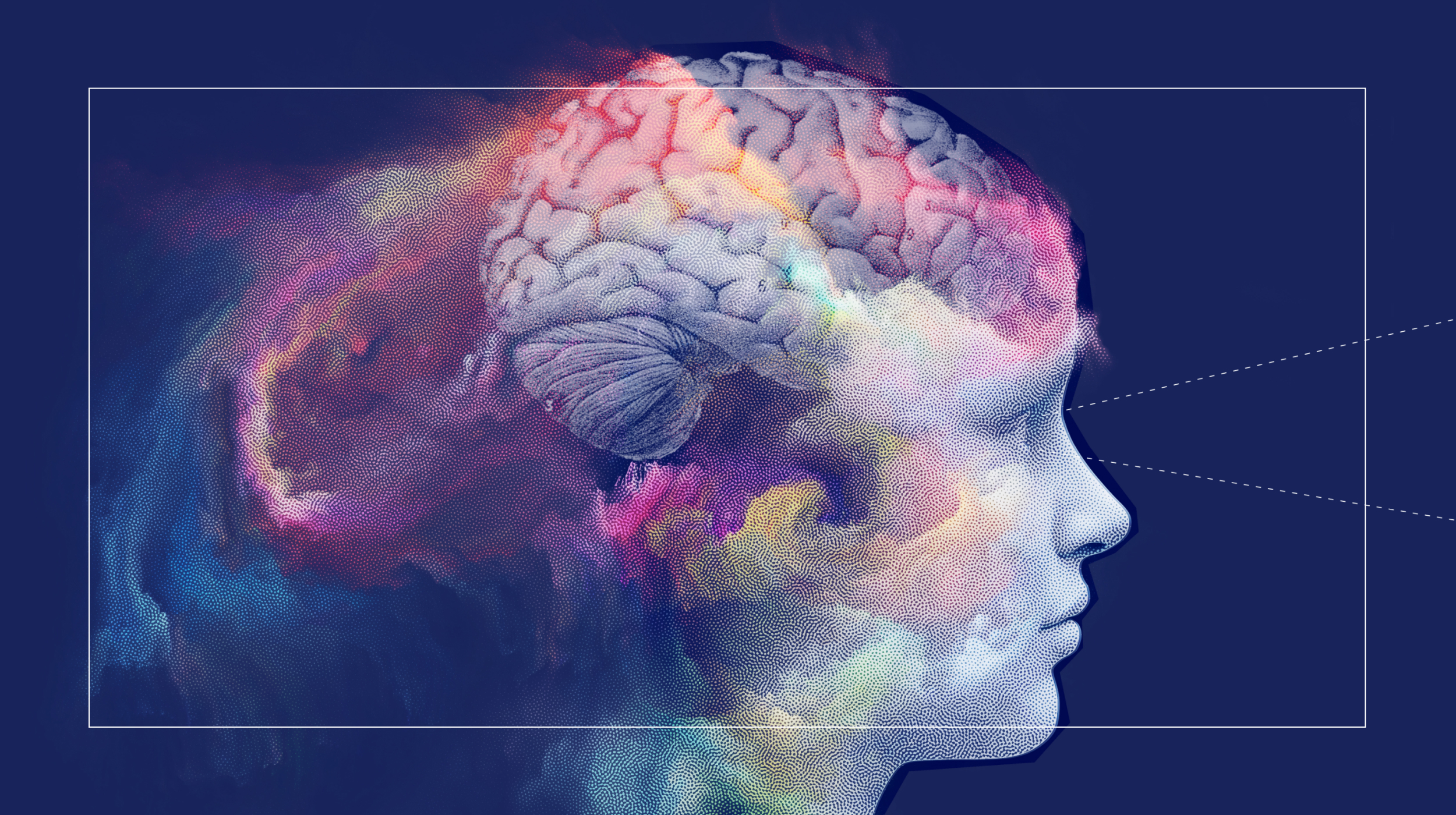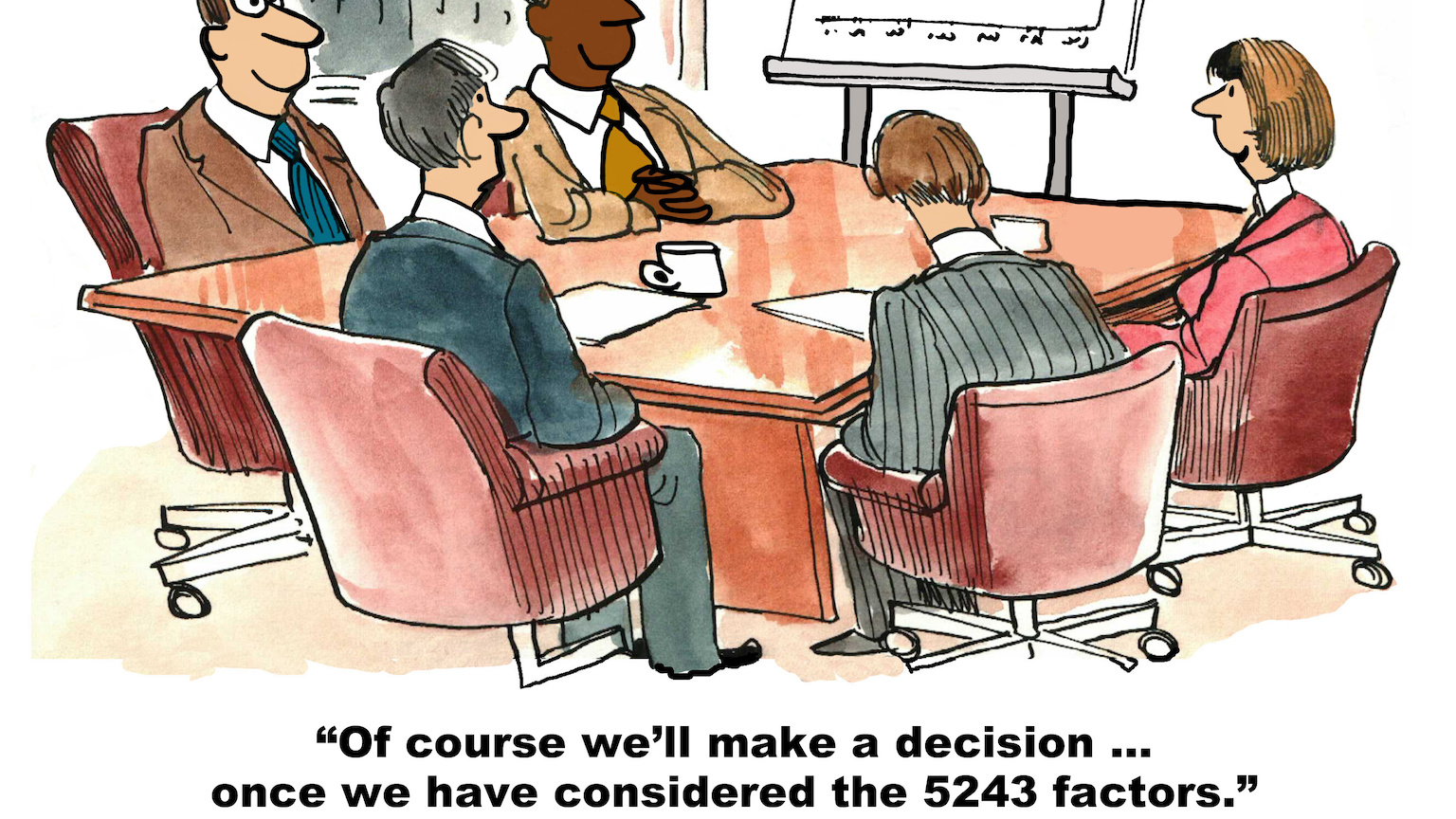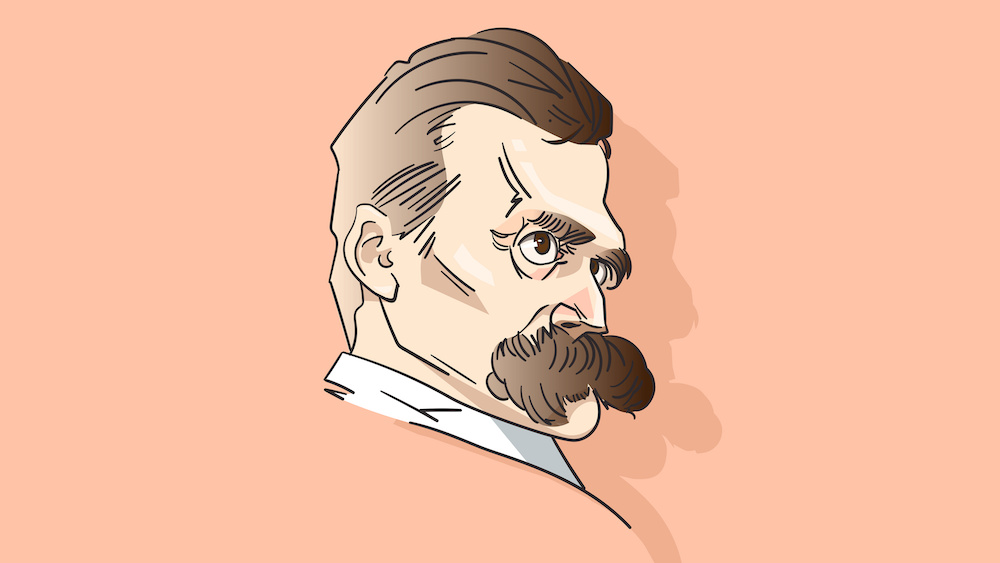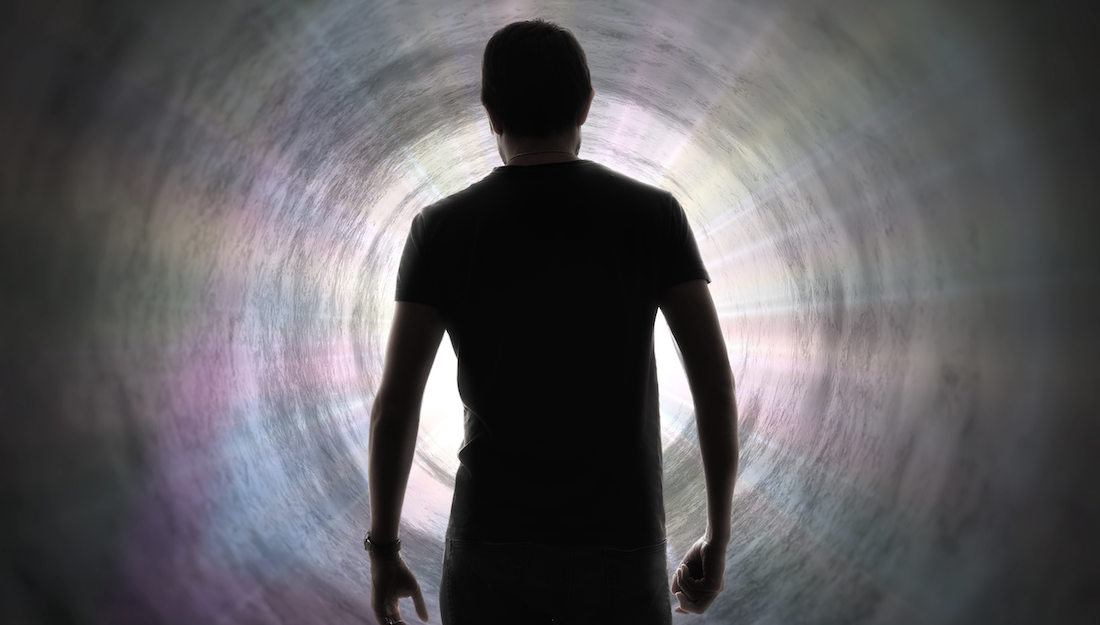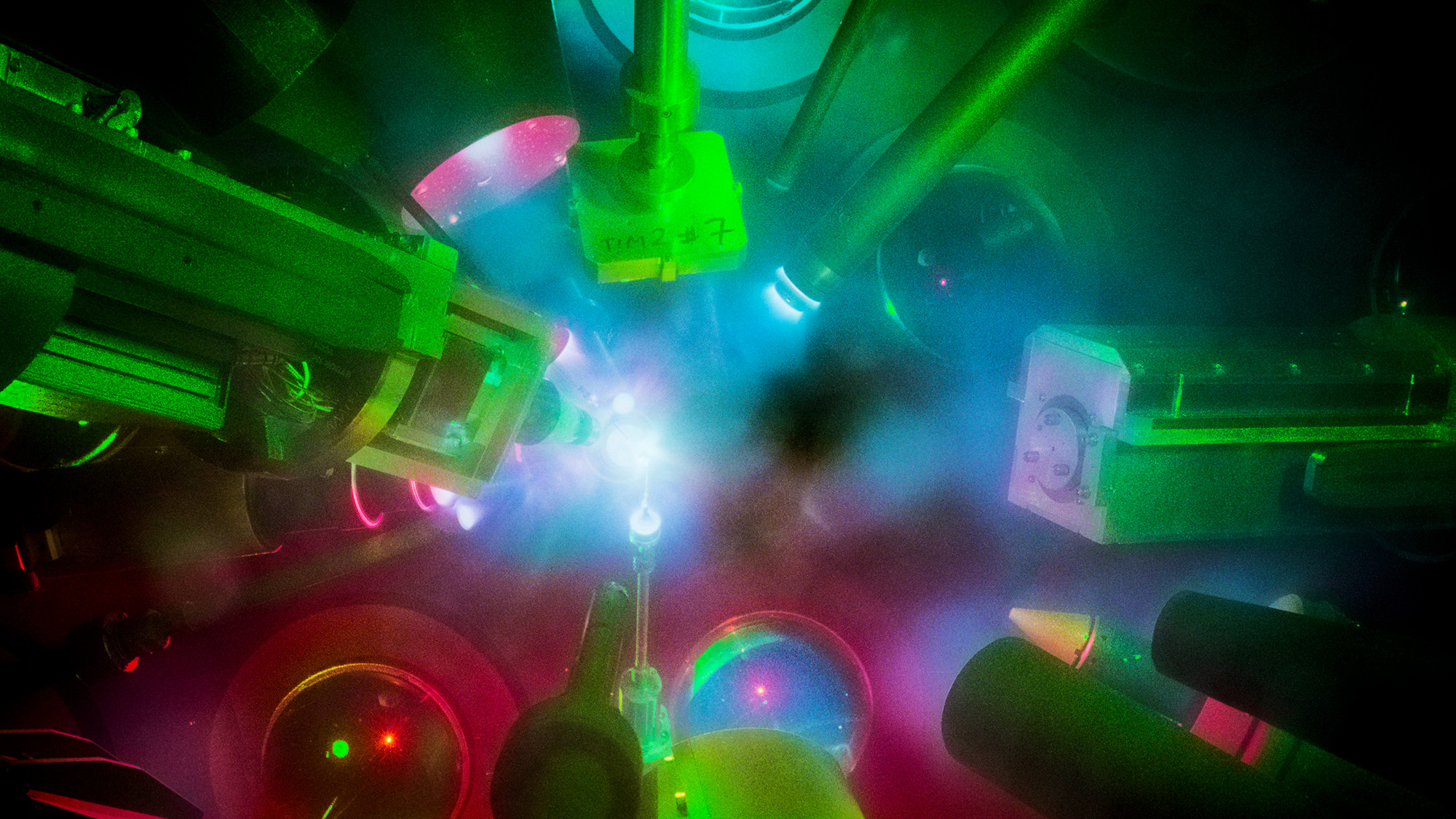philosophy
Since at least 600 BC, people have been mesmerized by the concept of the infinite.
People often ask “What should I do?” when faced with an ethical problem. Aristotle urges us to ask “What kind of person should I be?”
The English writer left behind a mind-expanding collection of books.
A philosopher unpacks the paradox in using the word “evil.”
Pain makes sense from an evolutionary perspective. What’s puzzling is why so many of us choose to seek out painful experiences.
Quite a lot, actually, even though it has no identifiable value as a scientific concept.
You can love a romantic partner, but also a pet, a book, God, or the sound of someone’s voice. We need many more words for love.
Humans are already so integrated with technology that the dream of transhumanism is a reality. Can we handle what comes next?
Jokes so cheesy even French philosophers will love them.
What Odysseus needed from his father was something more important: the comfort of being a son.
You’ve heard of Stephen Hawking. Ever heard of Renata Kallosh? Didn’t think so.
AI systems can carry on convincing conversations, but they have no understanding of what they’re saying. Humans are easily fooled.
Technology will not save the world, and it is inherently neither good nor bad. But, when tech is coupled to human virtue, good will prevail.
The engineer working on Google’s AI, called LaMDA, suffers from what we could call Michelangelo Syndrome. Scientists must beware hubris.
The answer to this question depends on how you define “freedom.”
Prison is an unreliable method of punishment. Let’s do better.
What if intelligence can thrive without consciousness?
It’s time to put on your listening hat.
Regardless of political ideology, one of the few things that many people seem to have in common is a moral hypocrisy that arises from a fundamental lack of self-reflection.
We all know assholes. Perhaps, you are one. Now, psychologists are trying to answer one of life’s biggest mysteries: What, exactly, makes someone an asshole?
Pseudoscience is science’s shadow.
Did traditional Chinese thought pave the way for the philosophy of Maoism?
Signals from the environment, such as those detected by your sense organs, have no inherent psychological meaning. Your brain creates the meaning.
When faced with too many choices, many of us freeze — a phenomenon known as “analysis paralysis.” Why? Isn’t choice a good thing?
Speculation about the existence of aliens goes all the way back at least to the Greek philosophers. Their arguments will sound familiar.
Safety through technology is no bad thing—Nietzsche himself sought doctors and medicines throughout his life—but it can become pathological.
If secrets are a kind of poison, confession is the antidote.
Today, we could use Big Data to radically reform democracy. Tomorrow, we could build nanofabricators and usher in an era of abundance. Is society ready?
